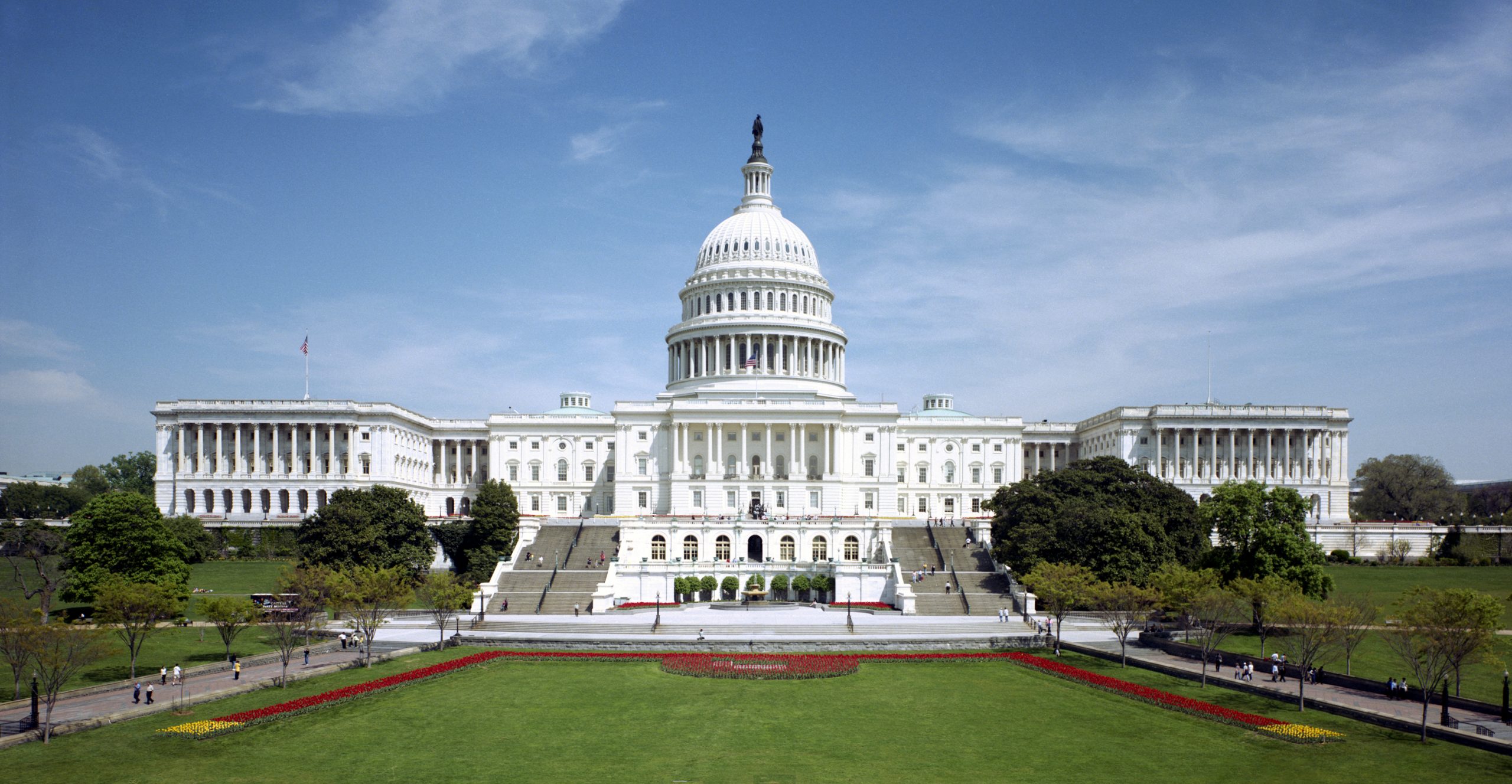
The U.S. Senate is expected to pass a large, comprehensive infrastructure funding bill later this week after months of negotiations. Currently, the Bipartisan Infrastructure Deal has secured 67 votes, including 17 Senate Republicans and all 50 Senate Democrats. The Bipartisan Infrastructure Deal includes a total of $550 billion in new federal infrastructure funding over five years, broken down as follows:
• $110 billion of new funds for roads, bridges, and major projects
• $73 billion to upgrade the electric grid
• $66 billion for railways
• $65 billion for broadband
• $55 billion in drinking water with dedicated funding to replace lead pipes
• $39 billion to upgrade and expand public transportation
• $25 billion for airports
• $21 billion for cleanup of abandoned mines, superfund sites, and other brownfields
• $17 billion in port and inland waterways

Per the request of Republicans and some moderate Democrats, the heavily revised bill scraps nearly all of its original progressive policy funding, including construction of more affordable housing, schools, home-and-community-based care, and all of the clean energy tax credits originally proposed. Funding has been reduced to items that both parties could agree to be defined as infrastructure.
In addition to large federal infrastructure investments, the Bipartisan Infrastructure Deal will also extend labor standards to a variety of transportation projects off the federal-aid highway system, including electric vehicle charging stations, new resiliency grants to states, and a financing tool for airport construction. This is good news for operating engineers, as current laws only apply prevailing wages to projects on the federal-aid highway system.
While we are disappointed in some aspects of the bill, like the lack of Davis-Bacon prevailing wage coverage for the $65 billion in broadband work, we recognize the importance of bipartisan compromise on infrastructure funding, and hope that this is only the first step toward a larger national conversation on infrastructure.
“While this funding bill will not dramatically alter the downward trend in the condition of our national infrastructure, it will create good-paying jobs across the country while demonstrating the importance of these investments,” said Local 150 President-Business Manager James M. Sweeney. “The federal government should follow the leadership shown by states like Illinois and Indiana, who put long-term sustainable funding mechanisms in place to ensure that we don’t end up in another funding crisis a few years down the road. Infrastructure is something that will always need to be built and always need to be maintained, so short-term funding gimmicks are nothing more than a band-aid on the problem.”
The bill has not passed yet, though, and we need members to remind their Senators not to get cold feet on this. You can help ensure this bill is passed by contacting your Senators in support of The Bipartisan Infrastructure Deal today.
CLICK HERE TO CONTACT YOUR SENATORS

